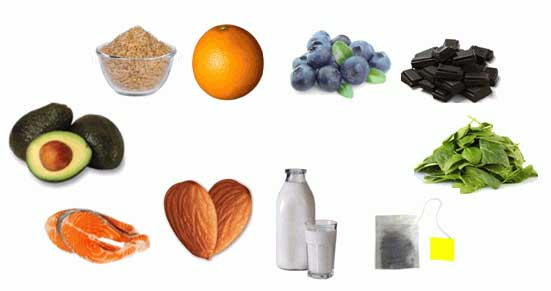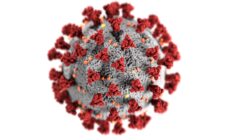What is stress?:
Stress is primarily a physical response that is created when we react to particular events. It’s the body’s way of rising to a challenge and preparing to meet a tough situation with focus, strength, stamina and at most alertness.
Mode of stress:
When stressed, the body thinks it is under attack and switches to “flight” or “fight” mode.
Flight mode stress:
Some of us avoid our stressors (events that provoke stress), removing ourselves from a situation instead of tackling it. This mode of stress increases our stress levels when we realize that the stressor is not going away and we need to face it.
Fight mode stress:
When our body goes into a state of stress, we may feel agitated and aggressive towards others; it can negatively affect relationships and ruin reputations.
Impact of stress:
Stress may be affecting our health, even though we might not realize it. Indeed stress symptoms can affect our body, our thoughts, feelings and our behavior. Stress that left unchecked can contribute many health problems such as high blood pressure, heart disease, obesity and diabetes.
During the times of stress, we often turn to “comfort” foods such as pizza, burger, noodles and ice-cream. Ironically these high fat foods are usually the worst possible choices because they can raise serum cholesterol levels, wreaking havoc on our arteries and increasing our risk of heart attack.
How to reduce stress through food:
There are many ways to reduce stress, one of the best and healthy ways to reduce stress is food.
Food to include:
High-fiber, Carbohydrate-rich foods:
Low – fat, high – fiber, carbohydrate – rich meals with plenty of fruits and vegetables, soothe us without sapping our energy and give us the nutrients we need to boost our immune system
Carbohydrates cause the brain to produce more serotonin, a hormone that relaxes us. And lots of fiber is helpful in preventing late-night binging. Some examples of healthy comfort food include baked sweet potatoes, minestrone soup or sautéed vegetables over rice.
Fruits and vegetables:
Chronic stress can weaken ability to fight disease. By upping our intake of anti-oxidant –rich fruits and vegetables, we can boost our immune system. Acorn squash and carrots, for example are great sources of the anti-oxidant beta-carotene. And citrus fruits provide plenty of vitamin C, another stress busting anti-oxidant.
List of Stress-busting foods:
Green leafy vegetables:
It’s tempting to reach for a cheeseburger when stressed, but go green at lunch instead. Dark leafy greens like spinach are rich in folate, which helps our body produce mood-regulating neurotransmitters, including serotonin and dopamine. People will be tended to feel calmer, happier, and more energetic on days they eat more fruits and veggies. It can be hard to tell which came first—upbeat thoughts or healthy eating—but the researchers found that healthy eating seemed to predict a positive mood the next day.
“On days when people ate more fruits and vegetables, they reported feeling calmer, happier, and more energetic than they normally did.”






